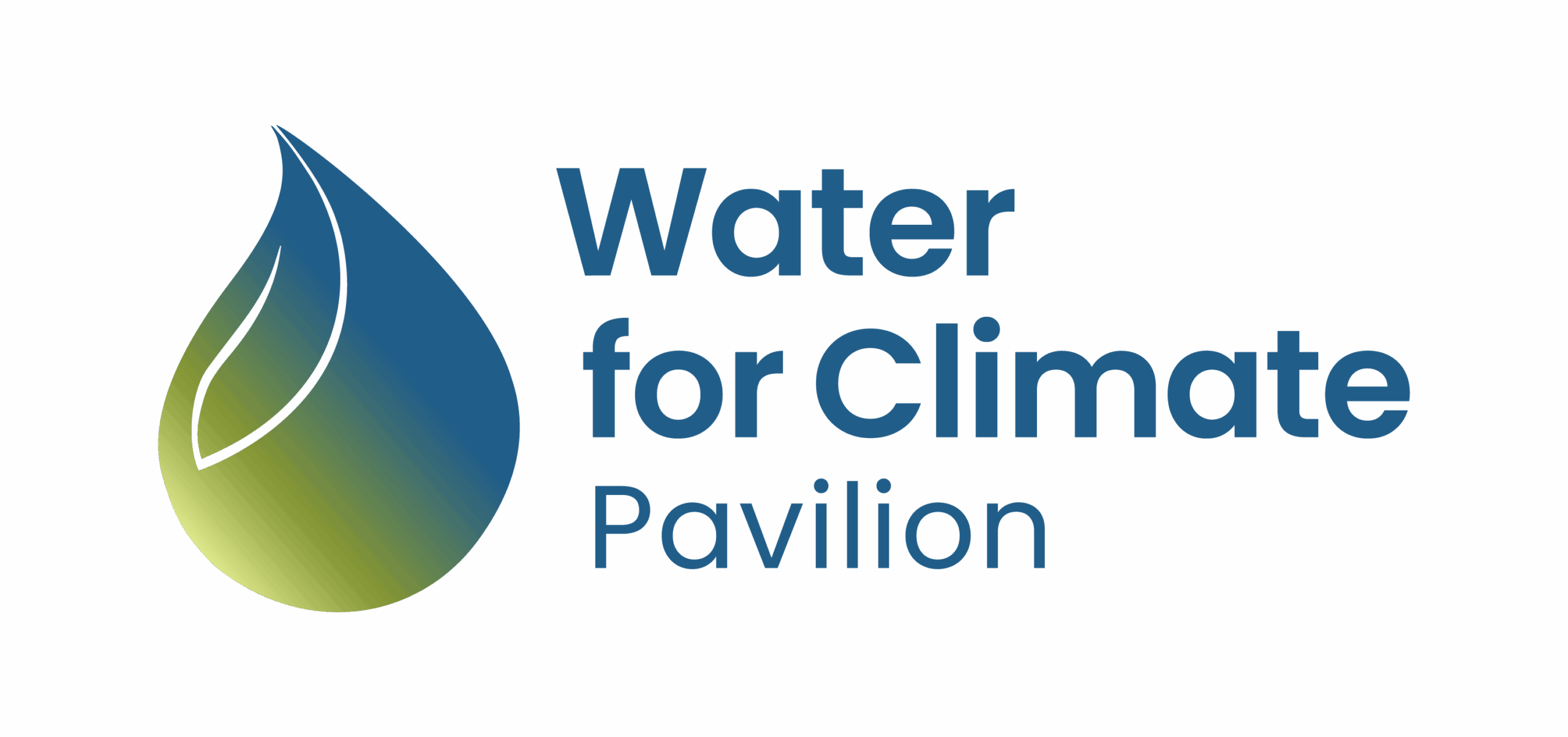Indicators for Water and Sanitation under the Global Goal on Adaptation: What’s at stake at COP30 and beyond
We are experiencing a short delay of approximately 15 minutes due to peaceful protests at the entrance gate. Thank you for your patience – we will begin shortly. Discussing the importance of securing a robust and balanced set of water and sanitation indicators within the expected list of the GGA indicators, while stressing their cross-sectoral relevance and avoiding a siloed approach. The event will highlight why water and sanitation indicators are politically and technically critical, not only for the Global Stocktake and Biannual Transparency Framework, but also as thematic enablers for resilience across Rio Conventions, Sustainable Development Goals and Sendai Framework.
